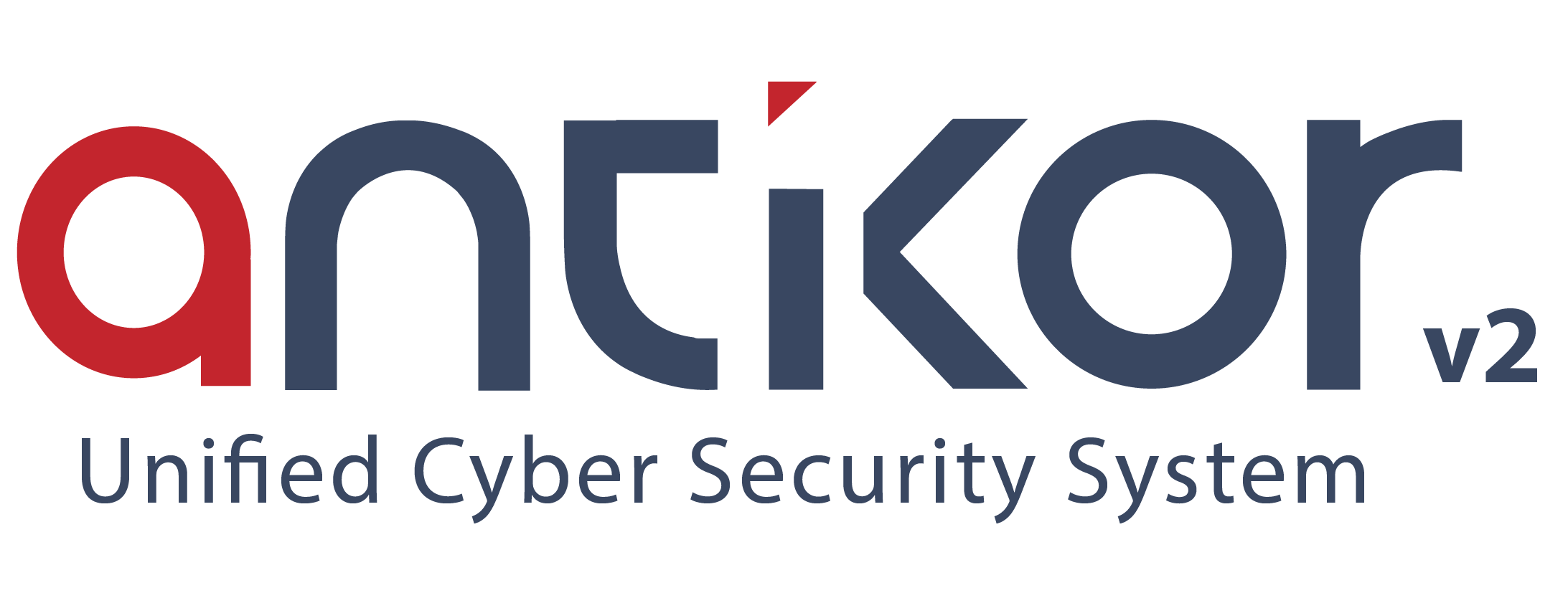Email Security
Gateway Antispam
Incoming emails are scanned and filtered for spam before reaching the server.
Anti-Virus / Anti-Malware
Malicious software in attachments or email content is detected and blocked.
Email Rate Limiting
The number of emails that can be sent within a certain time frame is limited to prevent spam behavior.
RBL, MX, SPF, DKIM, DMARC Validation
The authenticity and trustworthiness of the email sender are checked through various DNS and authentication records.
- RBL (Realtime Blackhole List): RBLs are blacklists of IP addresses known for sending spam. Emails from these sources are rejected.
- MX (Mail Exchange): The MX record is a DNS entry that designates the mail server responsible for receiving emails for a domain.
- SPF (Sender Policy Framework): SPF specifies which IP addresses are authorized to send emails on behalf of a domain.
- DKIM (DomainKeys Identified Mail): DKIM adds a digital signature to emails to verify the content’s integrity and the sender’s identity.
- DMARC (Domain-based Message Authentication, Reporting and Conformance): DMARC is a policy that determines whether emails should be accepted based on SPF and DKIM results, and provides reporting.
Email Quarantine
Suspicious emails are quarantined before they reach the user, who can decide what to do with them later.
Greylisting, Phishing Detection
Emails are initially rejected on the first attempt and accepted if retried (greylisting); phishing attempts are analyzed and blocked.
Category and Rule-Based Filtering
Emails are classified based on content or predefined rules, and unwanted messages are automatically blocked.
ePati Cyber Security Co.

Mersin Üniversitesi Çiftlikköy Kampüsü
Teknopark İdari Binası Kat:4 No: 411
Posta Kodu: 33343
Yenişehir / Mersin / TURKEY
Web: www.epati.com.tr
e-Mail: info@epati.com.tr
Tel: +90 324 361 02 33
Fax: +90 324 361 02 39

